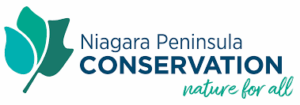Welcome to the Lake Erie Water Rangers!
Resources for volunteer community scientists
On this page
-Volunteering with Lake Erie Rangers
-How it works; What you’ll do, where and when, and what we provide
-Get involved
-Training and support
-Data management
-Monitoring schedule
-Upcoming events
-Heroes of the Lake Erie Rangers
-About the Lake Erie Rangers program
Volunteer role snapshot
Lake Erie Rangers volunteer scientists are collecting water quality data in the Lake Erie watershed to fill regional data gaps and support piloting new water quality monitoring methods for contaminants (including Ecoli nutrients, and chloride/road salt) at numerous locations in the Lake Erie basin, with a focus on the Niagara region and the western basin of Lake Erie.
How it works
What you’ll do: Volunteers monitor sites in the Lake Erie watershed on a regular basis using Water Rangers testkits, which include baseline water monitoring, roadsalts, E.coli, and nutrients.
When and where: Volunteers are assigned locations in their region to monitor on a regular basis. Testing is typically done on a monthly basis, and blitzes are held at key times during the year.
What we provide/What you bring: Water Rangers provides all testing equipment to volunteers, training and support, as well as a data platform for managing and sharing data. You just need to bring your time, enthusiasm, and appropriate clothing.
Get involved
Interested in getting involved in the Lake Erie Rangers’ program? Email us at kiersten@waterrangers.ca for more information and to discuss available locations in need of a volunteer.
Upcoming Events Calendar: Opportunities for the 2025 season now available here.
Get you location assignments
Reach out to Water Rangers to discuss your interest in volunteering for the Lake Erie Rangers program, and to determine which locations are available for monitoring.

Support and training for existing volunteers
It’s essential for you to become familiar with your testkit and the parameters you’re monitoring in order to collect high quality, usable data! Water Rangers’ staff offers in-person and online training for Lake Erie Rangers volunteers. Check out our events for in person training dates, or reach out anytime to organize a virtual training session with us.
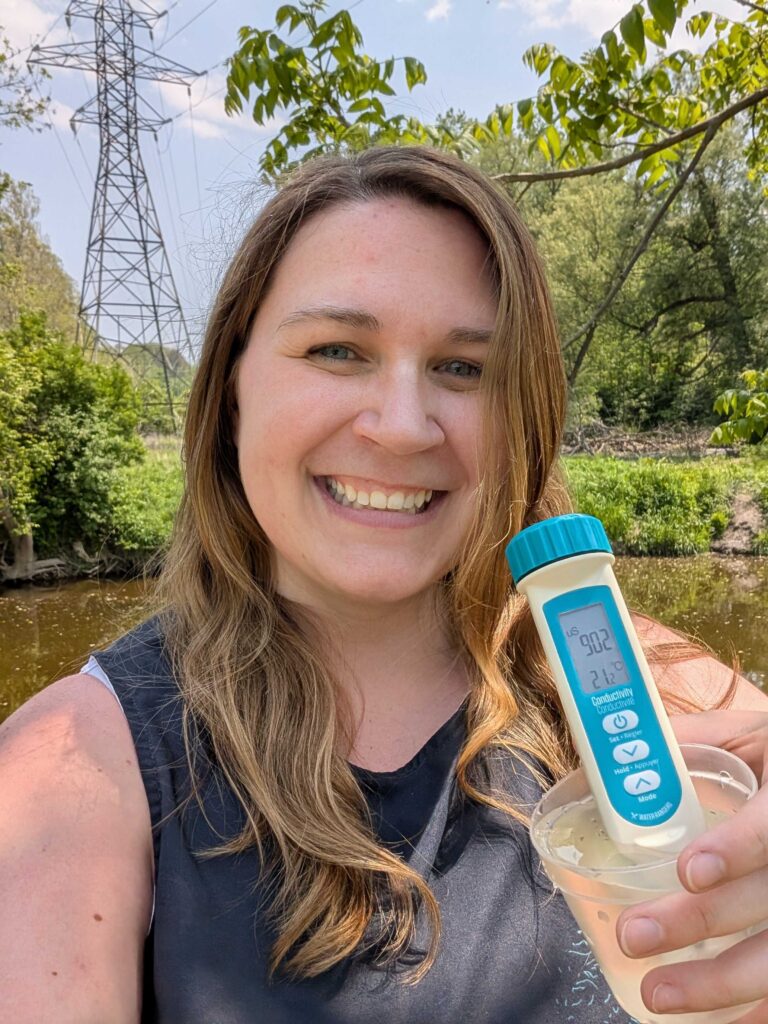
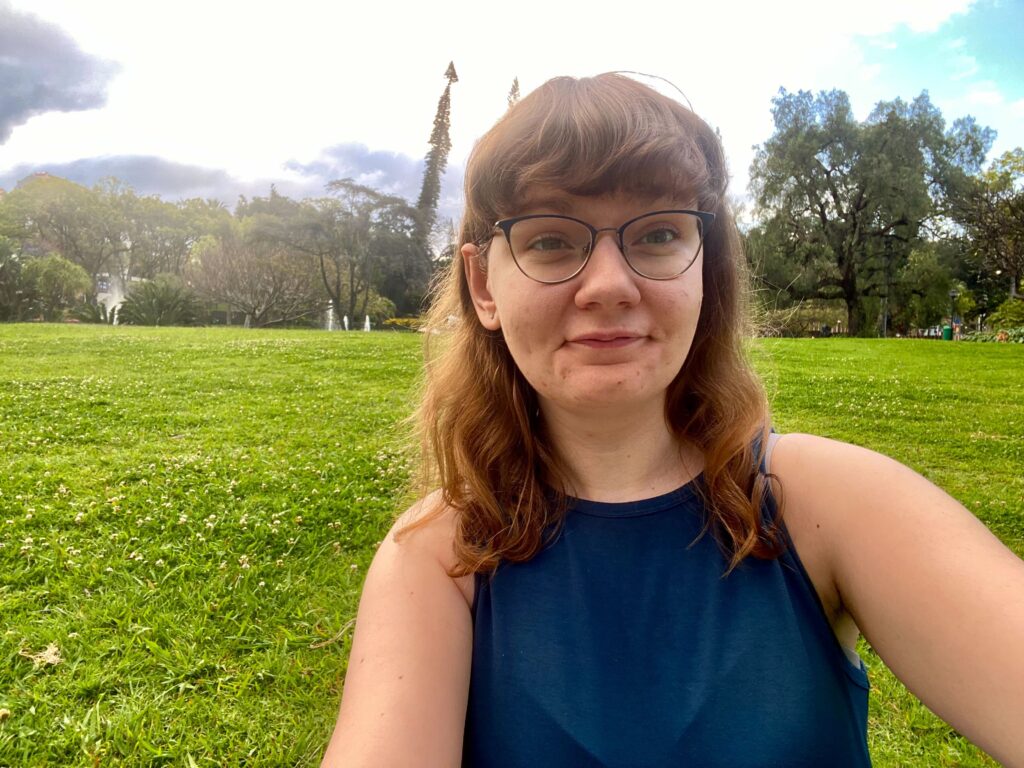

We’re always here if you have questions or need support with the testkit, data management, or anything else related to the program.
Training resources
Check out all our training resources here. Testkit training videos are available in both French and English. You can check them out here anytime.
Testkit training videos
- How to use your winter testkit
- How to use your Freshwater explorer testkit
- How to use your E.coli testkit
Volunteer monitoring schedule
As a Lake Erie Water Ranger, you should aim to test at 1 to 3 locations. Once you’ve confirmed your locations with Water Rangers, you should aim to test at these same locations each month. Consistency is super important. We’ll only be able to establish trends about these locations if you test at the same spot(s) month after month.
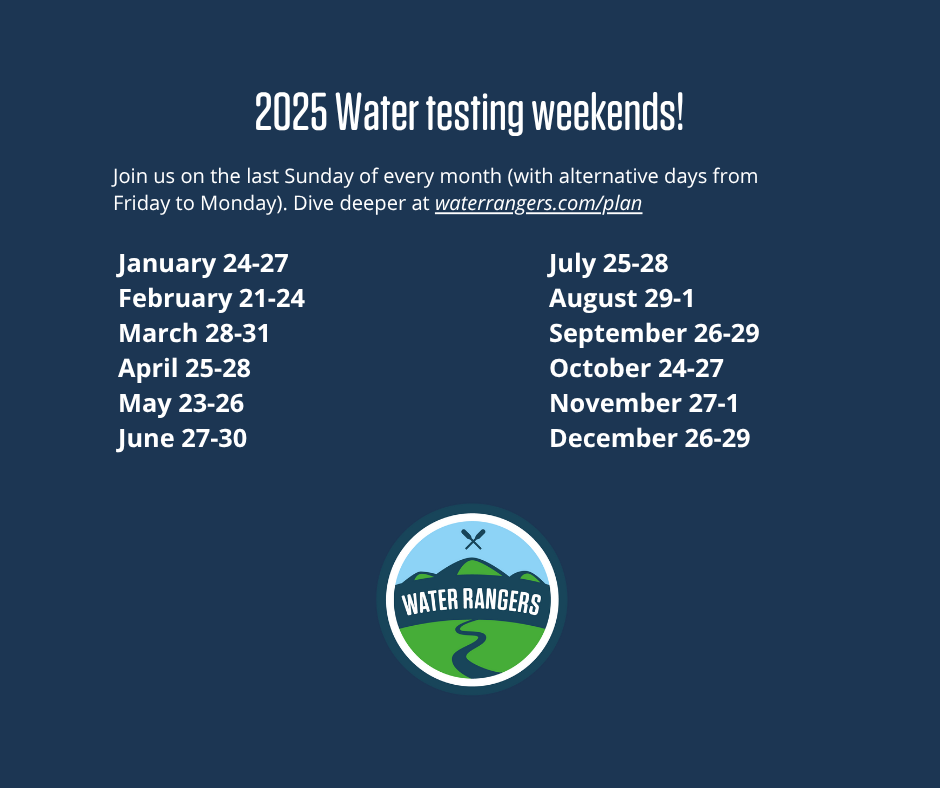
Blitzes
Managing your data
How you manage your test results is just as important as testing the water. Remember to get your observations off your notepads and onto Water Rangers’ data platform as soon as possible to that your data is properly managed and shared.
- Create a Water Rangers’ user account. Visit Sharing your data for instructions.
- Click here for guides on how to use our field app and web app for your data entry.
- Once you’ve created your user account, join a Lake Erie Guardians group.
As a Guardian it’s important your test results are shared on our platform as part of the Lake Erie Guardians Group
View Lake Erie Guardian’s data on Water Rangers here, and request to join the group if you haven’t already done so.
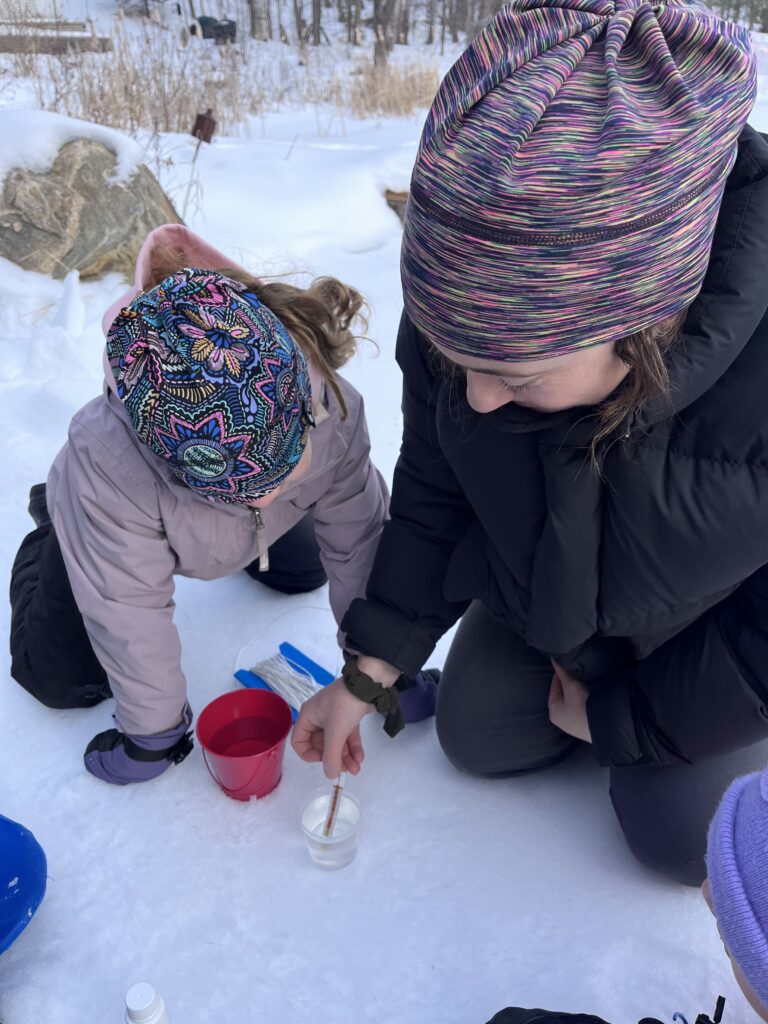
Upcoming events
Water Rangers hosts a number of events for Lake Erie Rangers’ volunteers. Check back often for the latest updates, or register for our newsletter to stay up to date.
- Tuesday July 8 – E.coli blitz July 8th at Reebs Bay (4PM-7PM). Register here
- Thursday July 10 – Periplate installations and demo – Windsor/Essex region
- October 2025 – Essex Region wetland restoration planting
- Fall 2025 – Niagara restorative planting events. Dates TBD.
Impact and feedback
Lake Erie heroes

The “Greatest Ranger of All Time,” or “GROAT,” is someone who has made a significant contribution to community-based water monitoring!
Jeff Watson joined the Lake Erie Guardians program back in 2021 and has been a consistent tester ever since. So far, Jeff has collected 21 observations at his testing locations in Leamington, ON and made great contributions to wetland plantings in the Essex region. Thank you for all you do for water, Jeff!!
About Lake Erie Rangers program
Background
The Lake Erie Rangers (formerly the Lake Erie Guardians) project is a community-driven initiative designed to enhance water quality monitoring across the Lake Erie basin, with a particular focus on the Niagara region and the western basin of the lake. Through this program, citizen scientists play a vital role in collecting data on key contaminants, including PFAS, nutrients, and chloride (road salts). By addressing critical gaps in regional water quality data, the project supports innovative pilot programs to develop and refine new monitoring methods.
This ambitious three-year project (2024–2027) is made possible through a $330,000 grant from the Canada Water Agency under the Freshwater Ecosystems Initiative.

Aligned with the goals of the Freshwater Ecosystems Initiative, the program seeks to address challenges impacting water quality and ecosystem health in the Great Lakes. By empowering communities to contribute to vital scientific efforts, Lake Erie Water Rangers fosters collaboration, innovation, and a deeper connection to the stewardship of our freshwater resources. The Lake Erie Rangers program received initial funding from the Province of Ontario’s Great Lakes Local Action Fund, and again in 2024/25 to support the road salt related activities of this project. This reflects the strong support for local engagement in tackling pressing environmental issues.
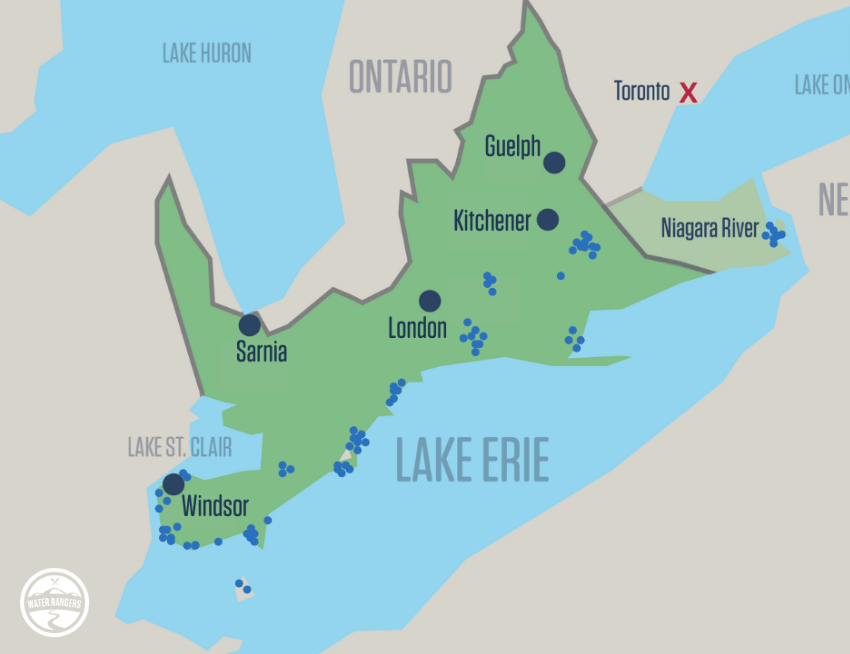
Regional focus
The program emphasizes monitoring efforts in the Niagara region and the western basin of Lake Erie, areas significantly impacted by urban development, agricultural runoff, and road salt application. These regions are also vulnerable to harmful algal blooms and other ecological stresses that threaten water quality and biodiversity.
If you have any questions about the program, contact us!
Program Goals and Objectives
- Community Engagement: Recruit and train citizen scientists to monitor water quality, fostering a sense of stewardship and environmental responsibility.
- Data Collection and Innovation: Address critical gaps in water quality data by gathering information on contaminants like PFAS, nutrients, and chloride (road salts). Test and refine new monitoring methods for improved accuracy and efficiency.
- Support Ecosystem Health: Contribute valuable data to inform conservation and restoration efforts, including addressing harmful algal blooms, wetland degradation, and shoreline erosion.
- Collaboration: Partner with governmental and non-governmental organizations, conservation authorities, and academic institutions to amplify the program’s impact.
Program Activities
- Volunteer science water quality monitoring: Volunteers are trained to use water testing kits and follow standardized protocols to measure contaminants, such as chloride, PFAS, and nutrients.
- Blitz Events: Community sampling events are held to gather large-scale data over a short period, providing snapshots of watershed health.
- Data Sharing: Collected data is uploaded to accessible platforms, contributing to regional and national water quality databases.
- Education and Outreach: Workshops, training sessions, and resources are provided to build public awareness about the importance of protecting freshwater ecosystems.
Importance of the program
- Addressing Data Gaps: Despite being one of the most ecologically and economically vital water bodies in North America, Lake Erie faces numerous environmental challenges. Citizen scientists help fill gaps in monitoring data that are critical for effective decision-making.
- Promoting Innovation: By piloting new methods for monitoring emerging contaminants like PFAS, the program contributes to the development of cutting-edge solutions to protect water resources.
- Empowering Communities: Engaging local residents in citizen science fosters a deeper connection to the environment and encourages long-term conservation efforts at the grassroots level.
- Supporting Policy and Action: Data collected by volunteers informs policies, guides restoration projects, and aids in assessing the effectiveness of mitigation measures.
- Tackling Global Challenges Locally: The program aligns with the broader goals of the Freshwater Ecosystems Initiative, addressing global issues like climate change, pollution, and ecosystem degradation through localized action.
By uniting community members, scientists, and policymakers, the Lake Erie Guardians program is a model for collaborative environmental stewardship, ensuring that future generations can enjoy the beauty, biodiversity, and benefits of a healthy Lake Erie ecosystem.
Focus Areas:
- Road Salt Impacts
- Nutrient Monitoring
- E
- Shoreline and Wetland Conservation


